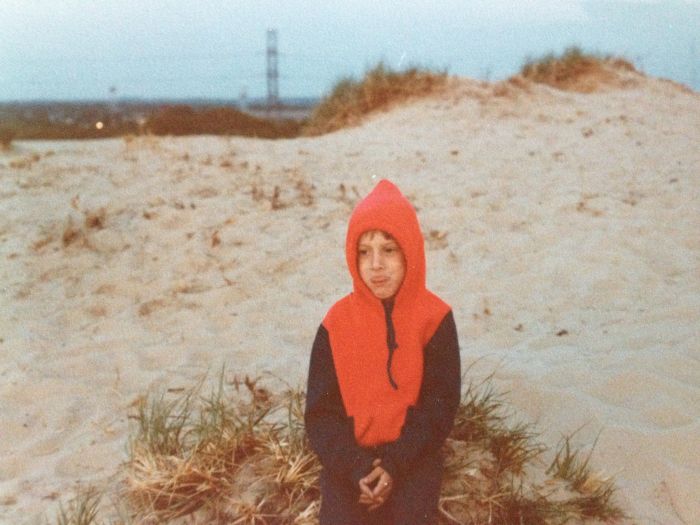As we made travel plans for our for adoption training this past weekend, two unexpected things happened. First, we received our full certification to adopt. This means an expectant mother could place a child with us at any time. Second – an expectant mother had chosen us.
Our adoption agency said that because our profiles were very open and because we presented young, that we may not have to wait long for an expectant mother to select us. So, be ready. Indeed, they told us this selection was the second fastest on record! We had a little less than three months to prepare for the child’s arrival.
So, we went to our training with a new-found purpose. Most of the training was very good, and we learned from adoptive parents, a lawyer, and birth mothers. Given our new situation, this training brought out more emotion in me than expected, especially from the birth mothers.
They warned us this could happen
We thought that because the paperwork, training, and this selection all occurred in about a five day span that truly, this baby was meant for us. The expectant mother, however, changed her mind. She wants to parent this child. We are disappointed, but realize that this baby is for the woman carrying it to parent until she says differently. If one were to look for a bright side, a weekend of lost hope is less painful than three months of it with heartbreak only to come upon delivery while standing in a hospital. This situation is called “adoption interruption.”
What is hard for me is this: in a way this situation is like announcing a pregnancy and then having a miscarriage. The higher chance of miscarriage in the first trimester is why many couples refrain from announcing a pending birth. Adoptions have no such reduced odds of an interruption with time. Also, because things like filling out paperwork to take leave from work must happen on a reduced time scale, withholding the announcement of a pending adoption is not possible. Thus, the pain of a lost opportunity to parent is public.
What isn’t public is a physical sign that one wants to expect a child. With pregnancy, a woman carries the outward sign of pending parenthood with her. Not so with an expectant adoptive couple. This couple has no outward physical sign of waiting, and those around you might (I imagine) treat you differently because they don’t see the impending birth themselves.
One of the couples at this training said they told almost everyone they wanted to adopt because they didn’t want to miss a possible connection to an expectant mother questioning whether she wanted to parent the child she carried. I still feel hesitant and a little embarrassed to do this. I don’t want to enter into conversations about infertility and receive XYZ advice on how to conceive. While having a child from my womb would be wonderful, we’re going to adopt. We want to adopt, and we don’t see it as a second choice. So, no we wait for selection, this time likely longer than a day or two.
Shannon
